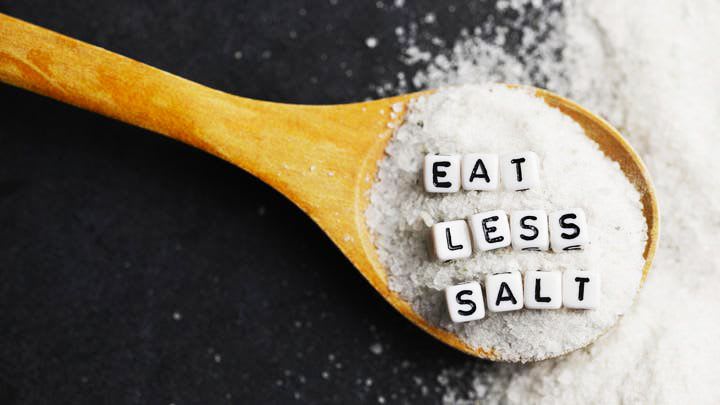Scientists have found that reducing salt intake not only helps lower blood pressure but also plays a crucial role in preventing dementia.
In a recent study published in the journal Nature Medicine, involving over 34,000 Chinese individuals with high blood pressure, it was revealed that those who underwent lifestyle modifications and reduced salt intake in their diet were 15% less likely to develop dementia compared to those receiving traditional medical care only.
The results showed that reducing salt consumption helped improve blood pressure readings in participants, and those who adhered to this change were less prone to cognitive decline over four years.
Professor Masud Husain, a neurology professor at the University of Oxford, considered the study as strong evidence for the need to address high blood pressure intensively not only to protect the heart but also to prevent brain diseases.
On the other hand, the UK's National Health Service emphasized the importance of adopting healthy lifestyles, including quitting smoking and engaging in regular physical activity, to reduce the risk of dementia.
It also pointed out that some factors like age and family history cannot be changed but increase the likelihood of developing the condition.
Early symptoms of dementia include memory loss, difficulty concentrating, confusion about time and place, and mood swings.
Despite these symptoms gradually becoming more common, they are not a natural part of aging, necessitating a doctor's visit upon noticing them.

